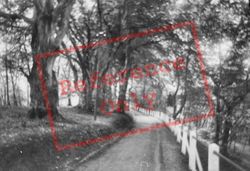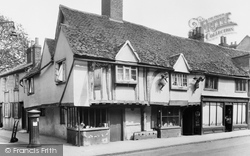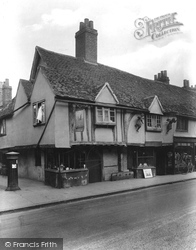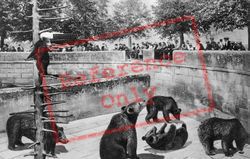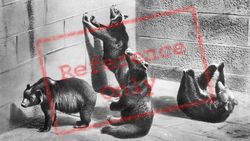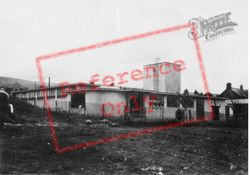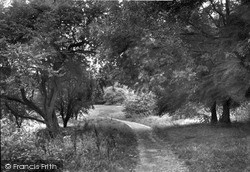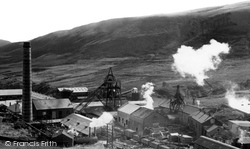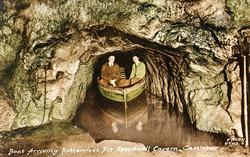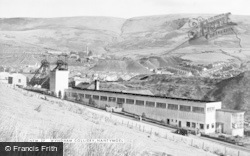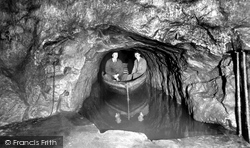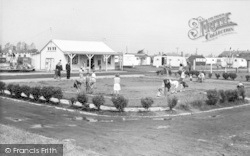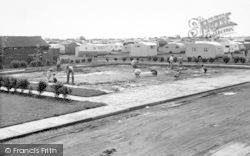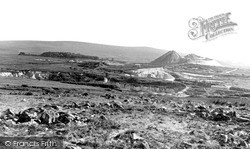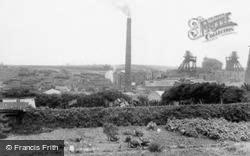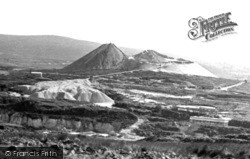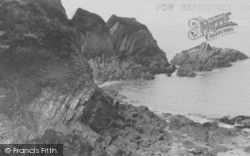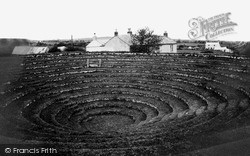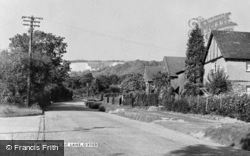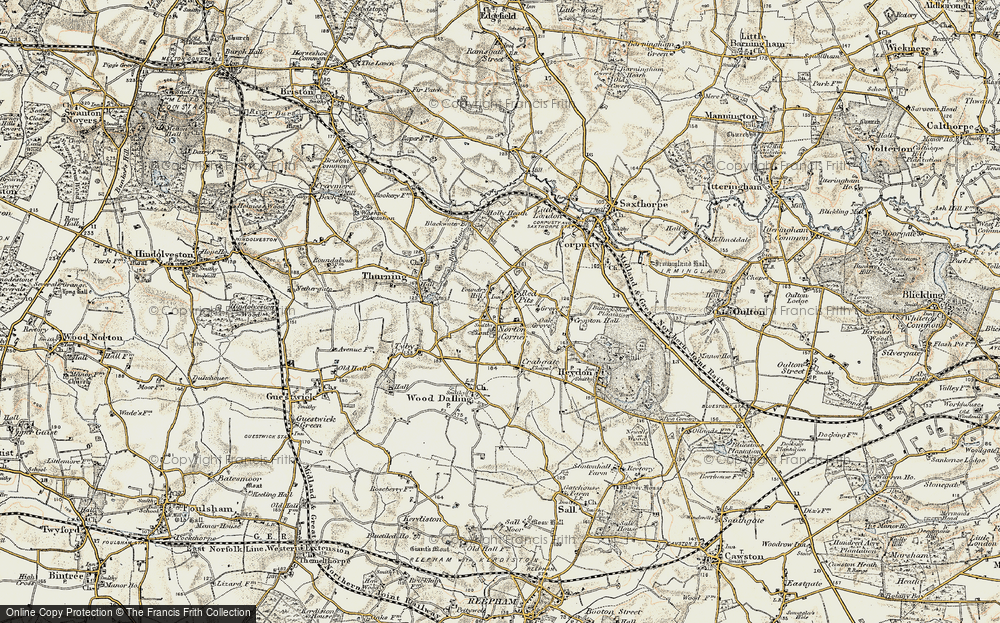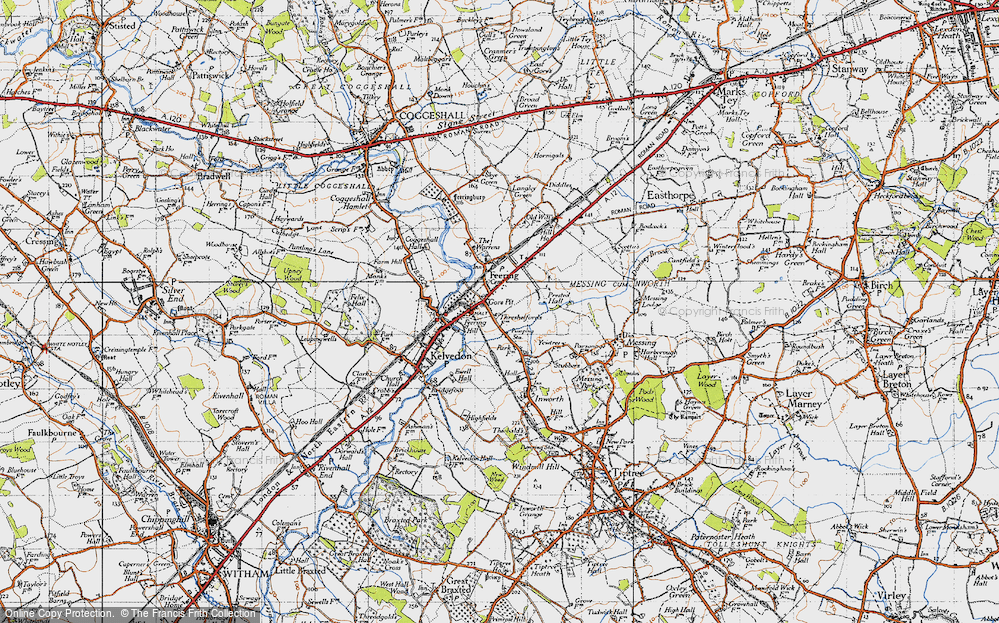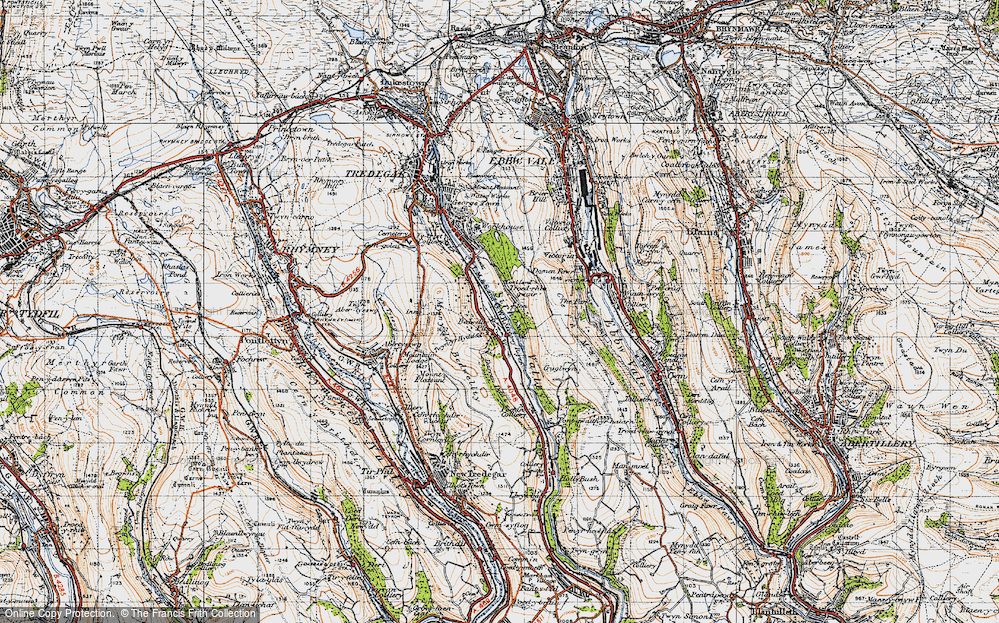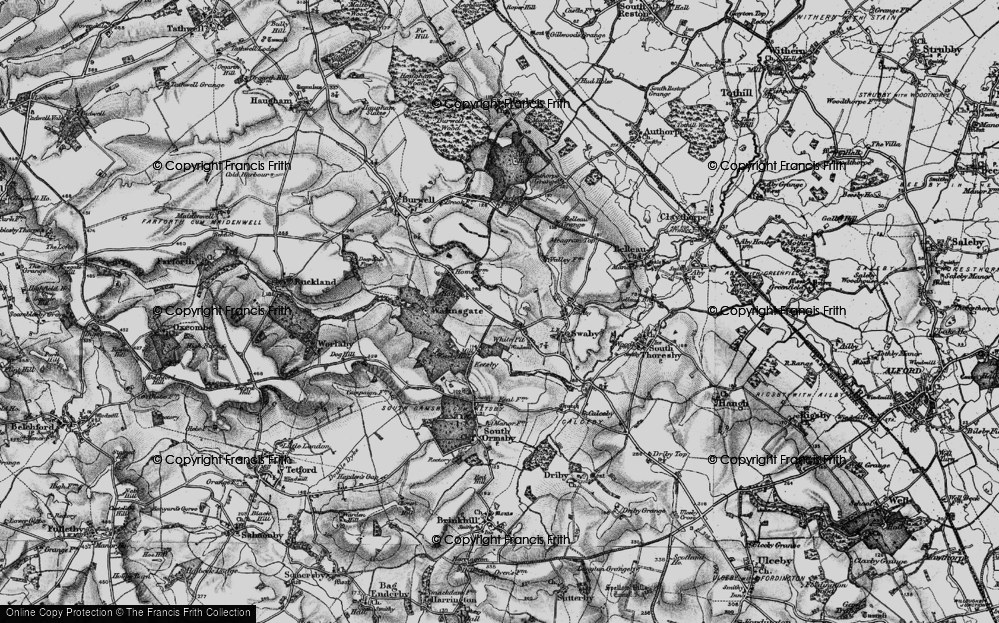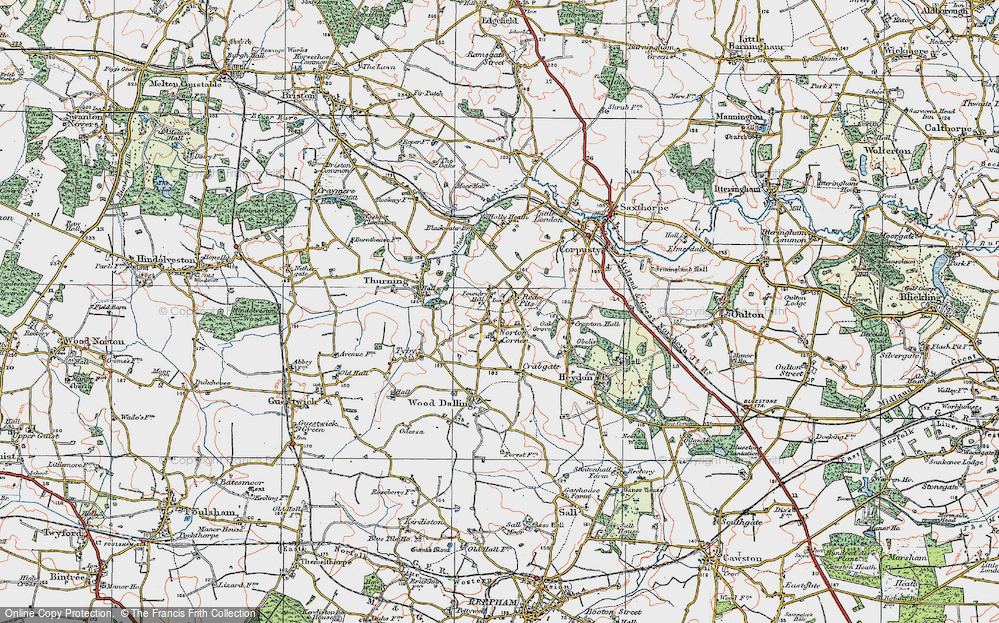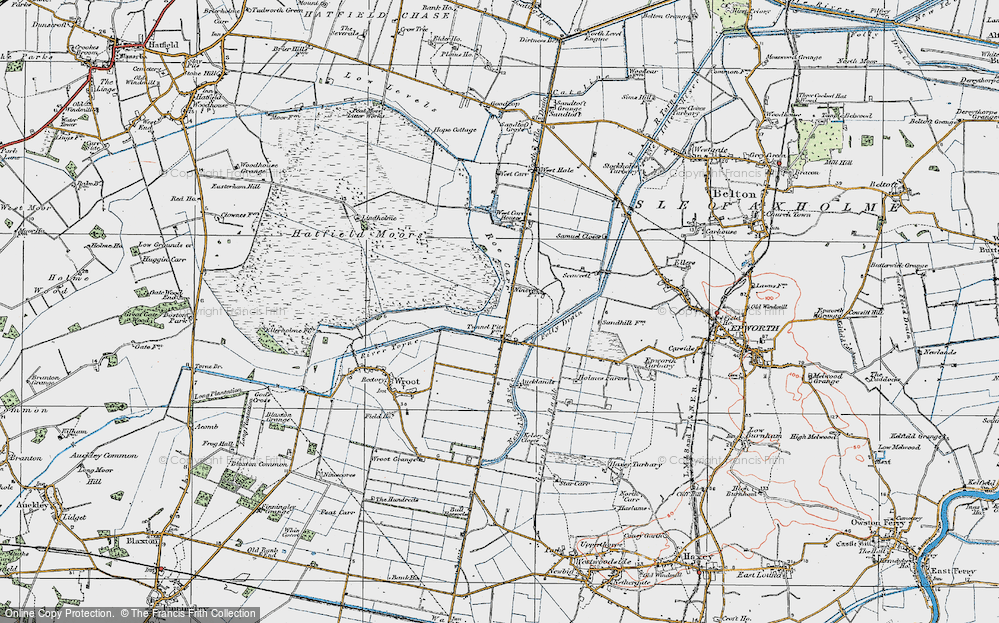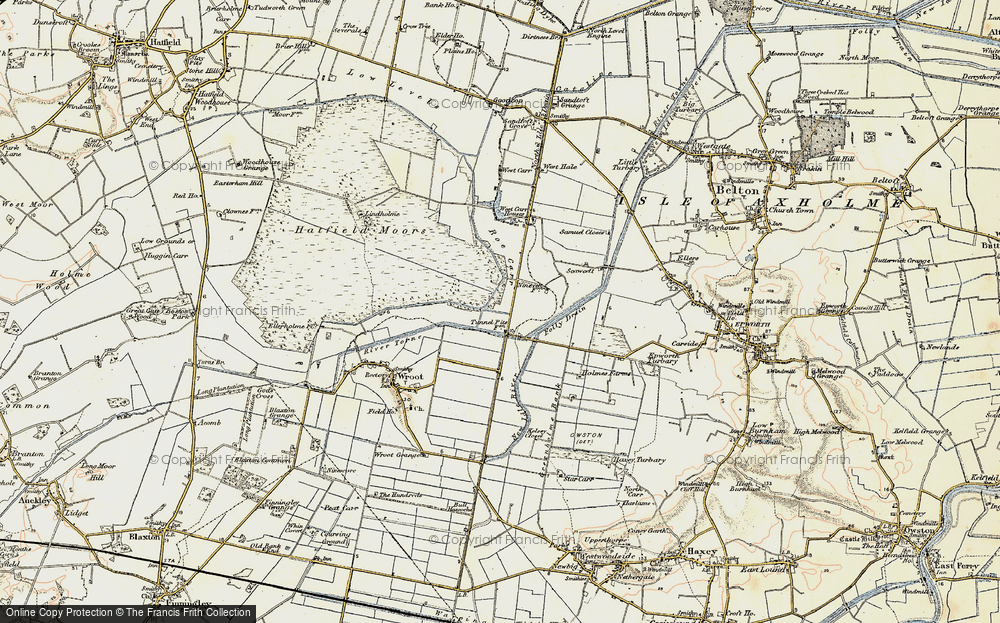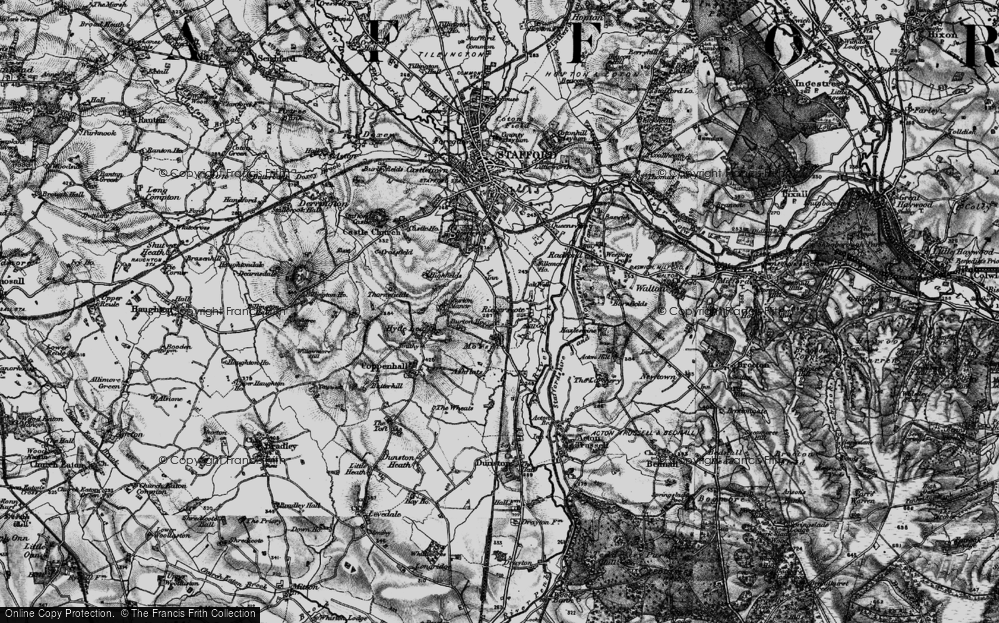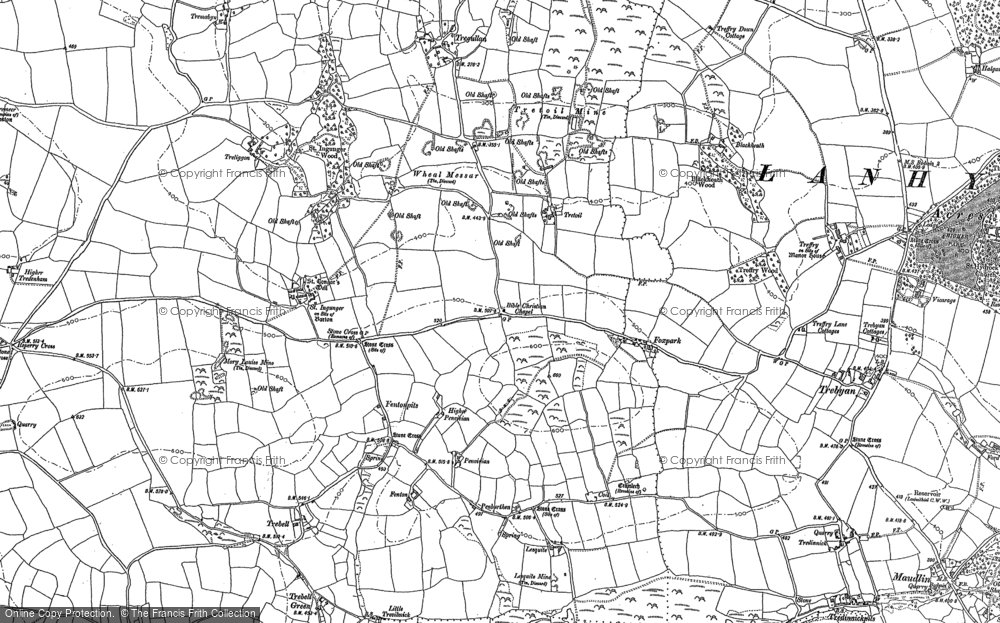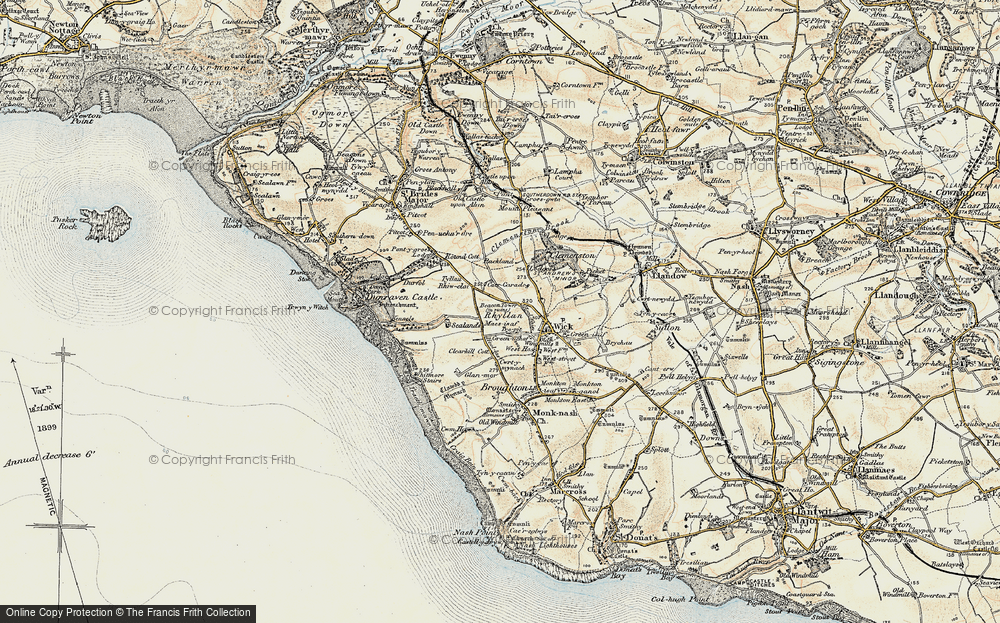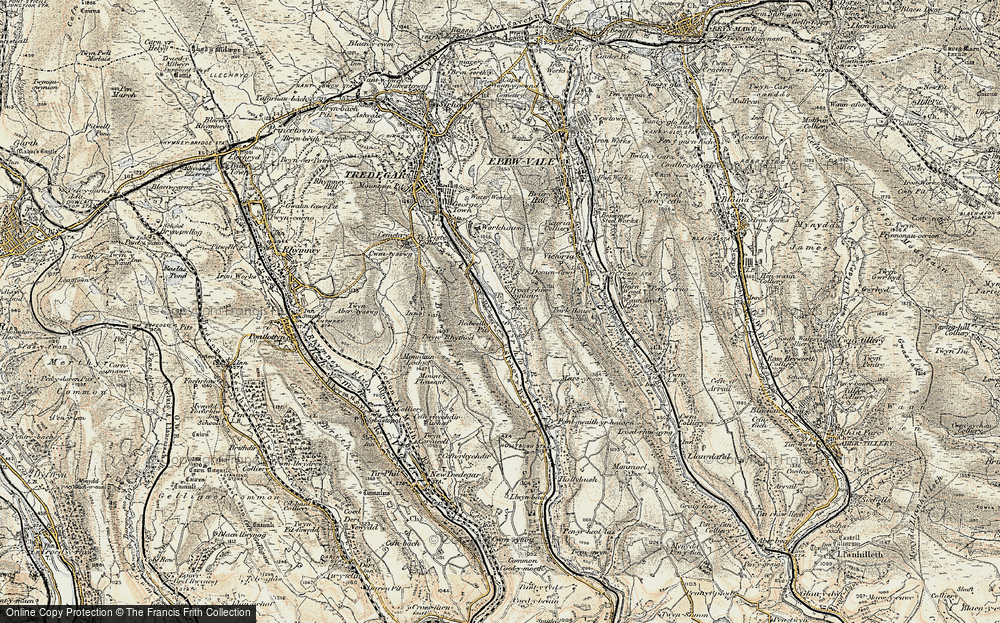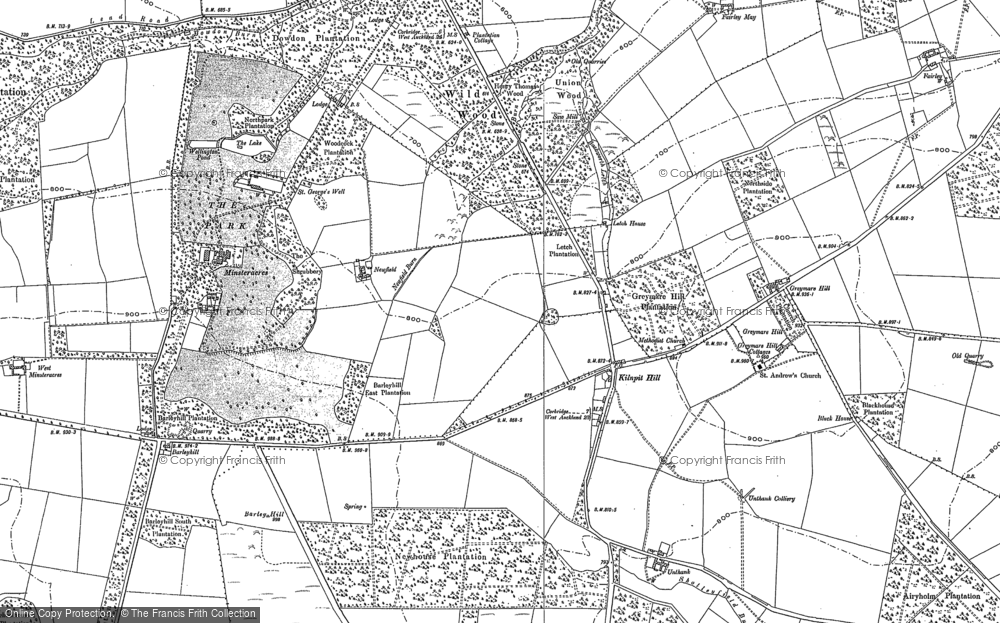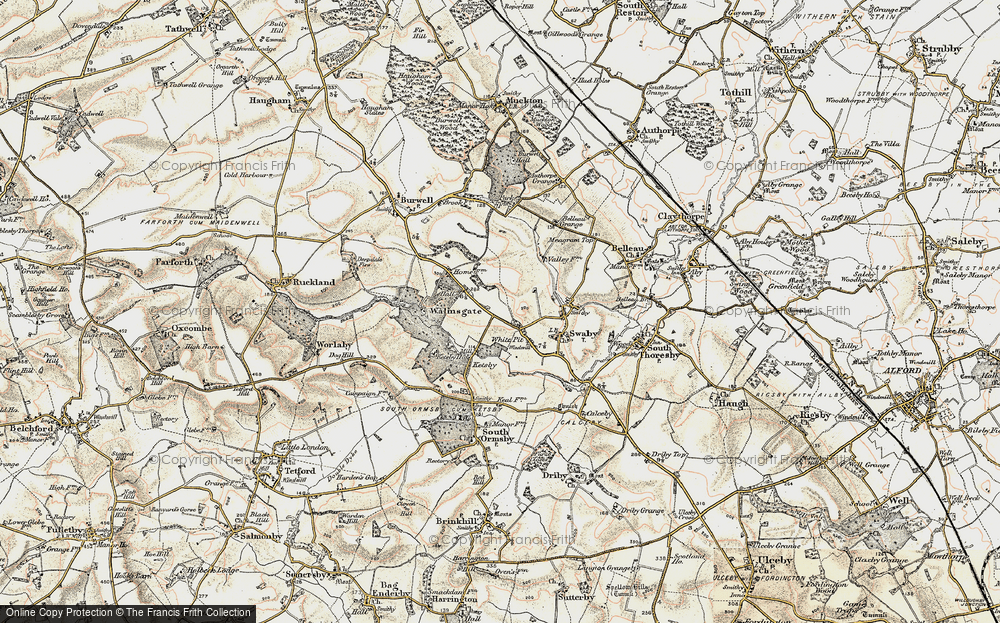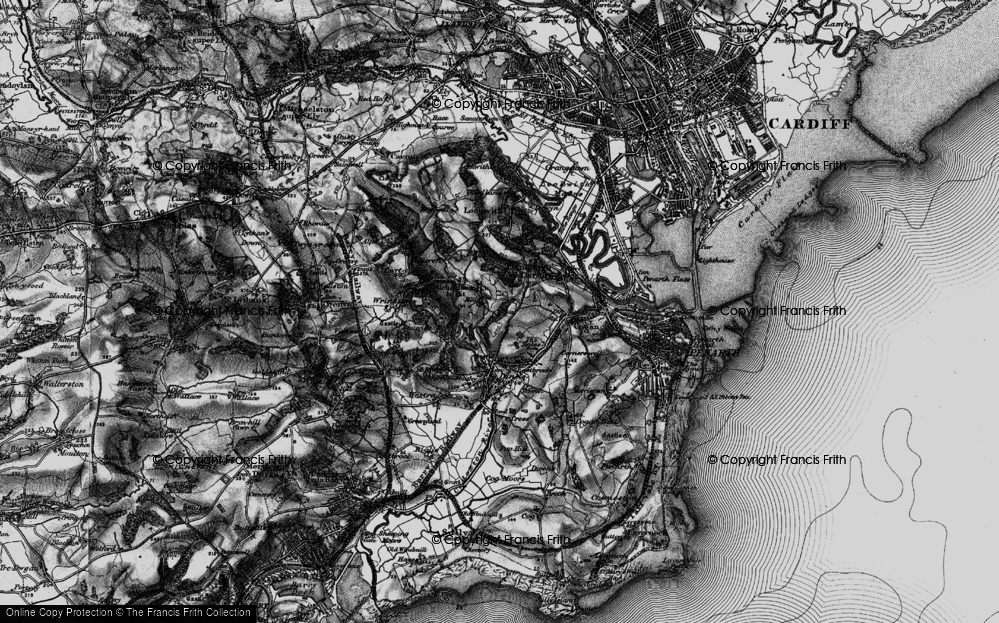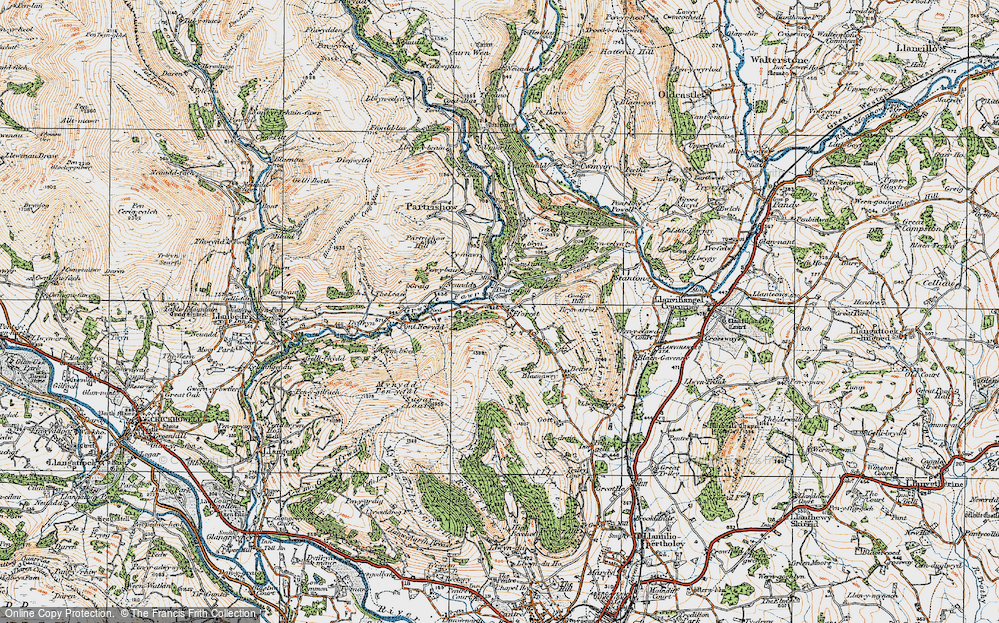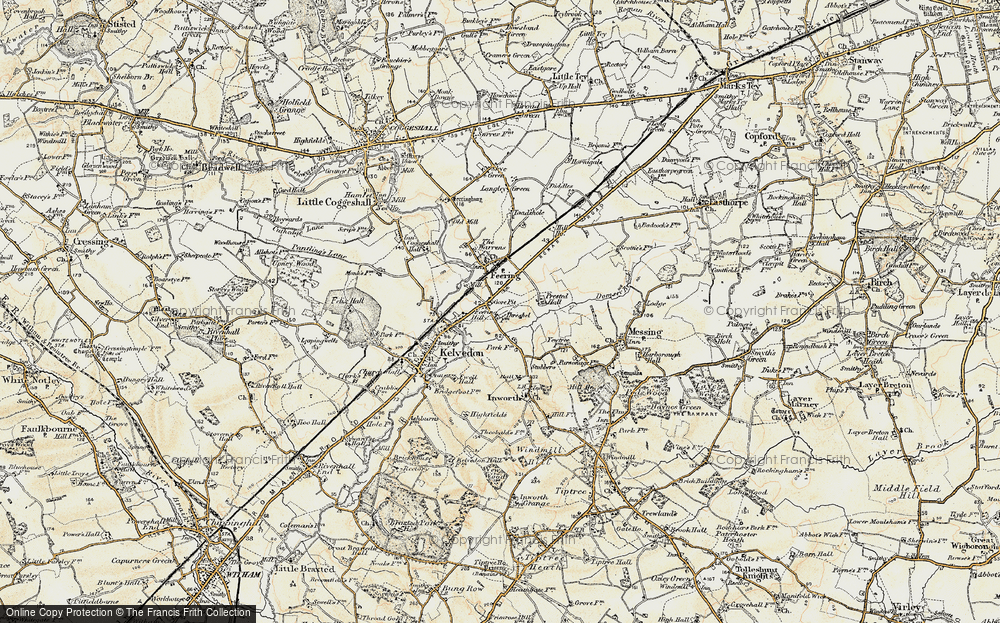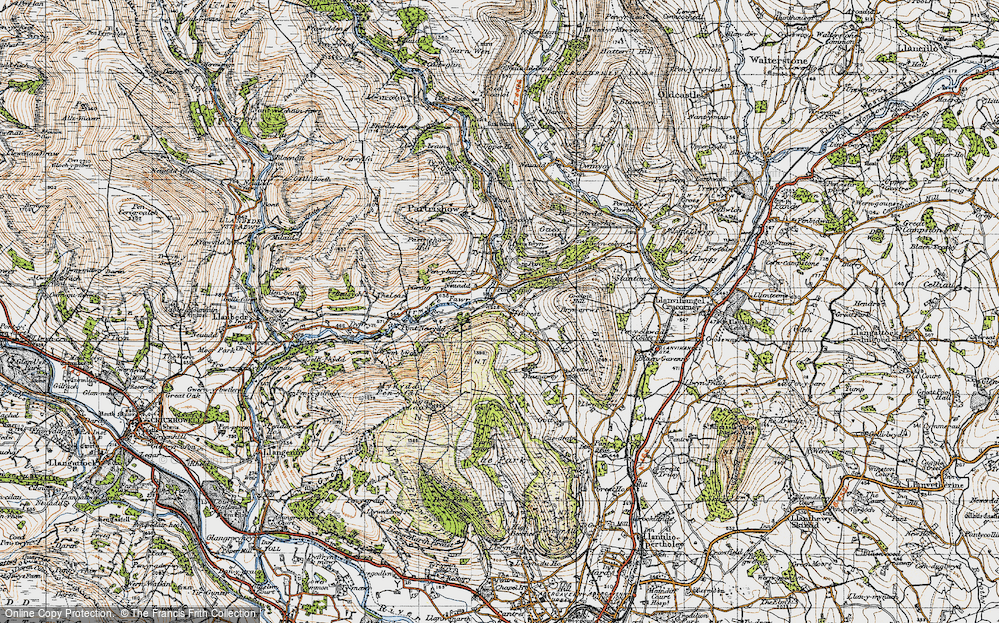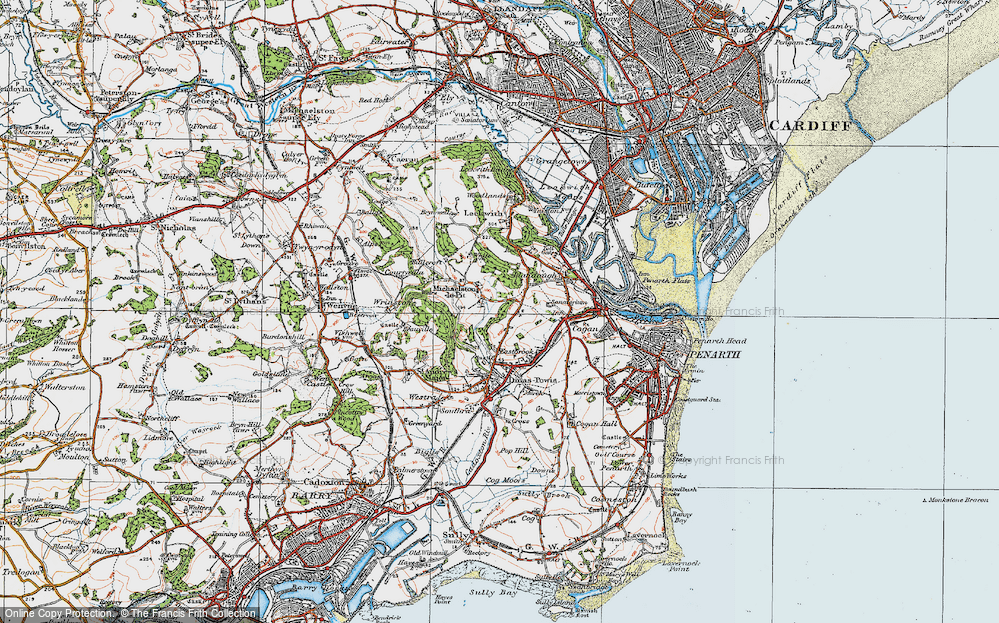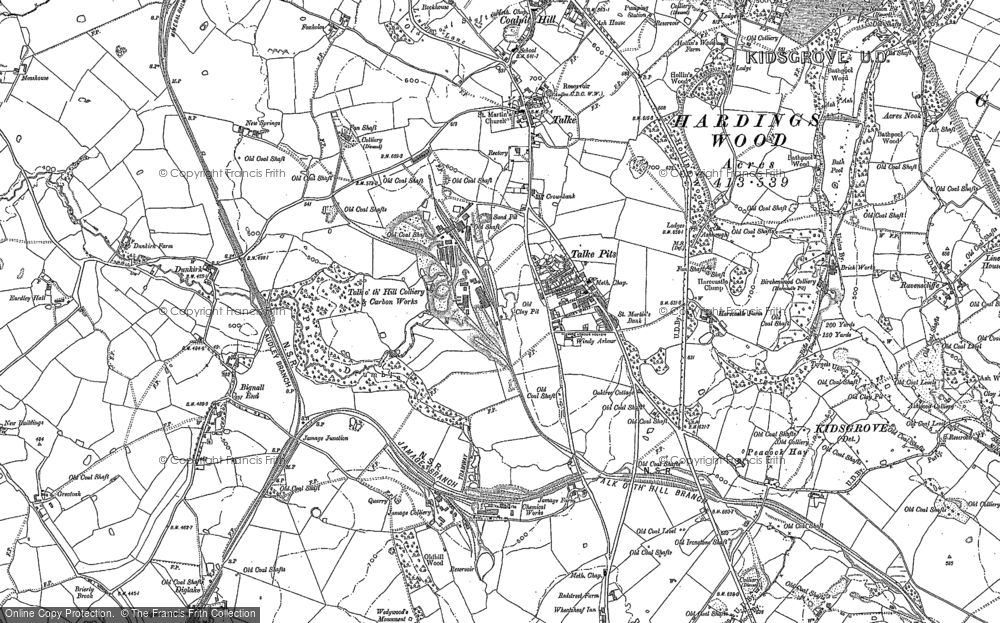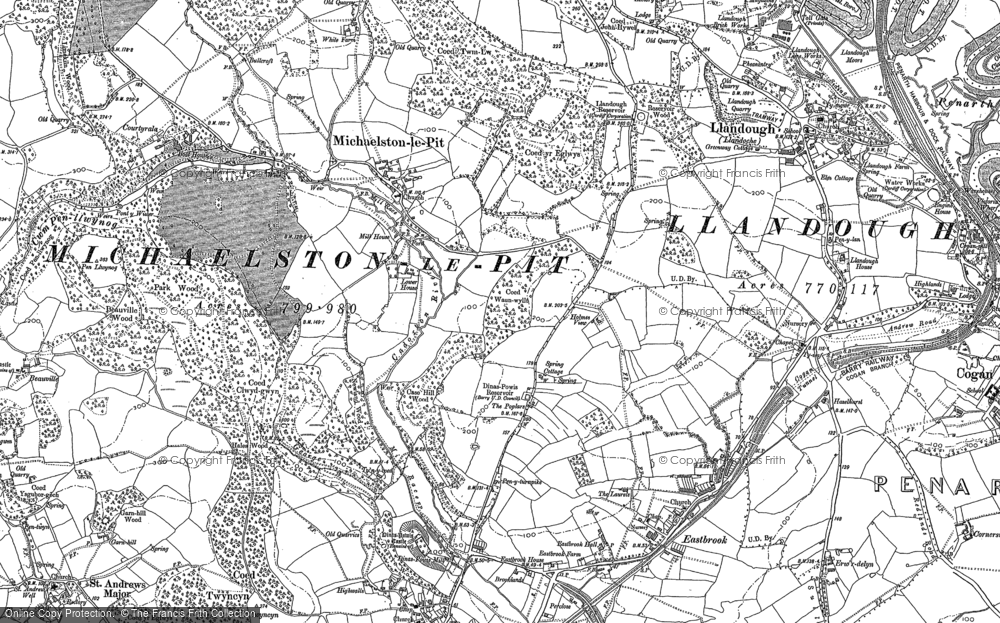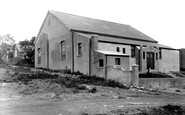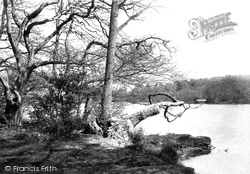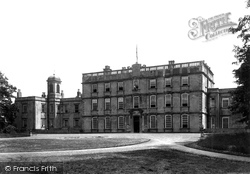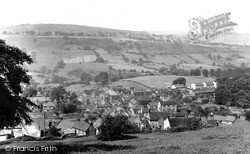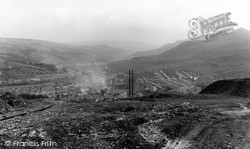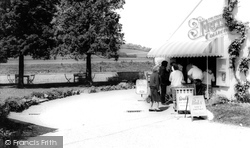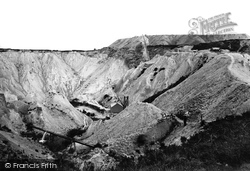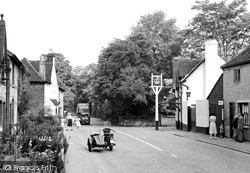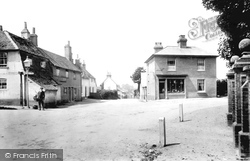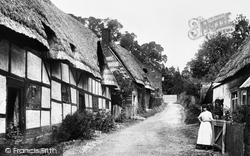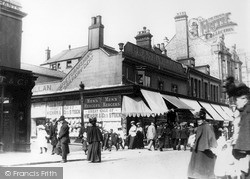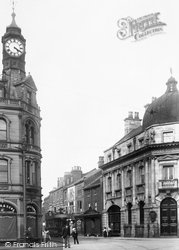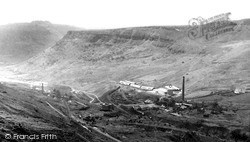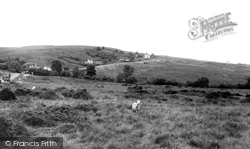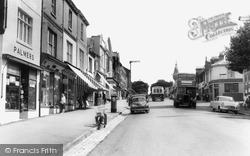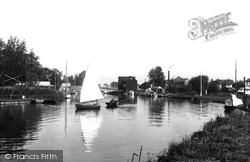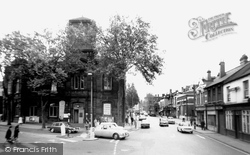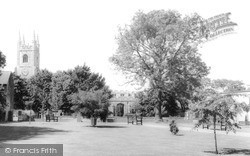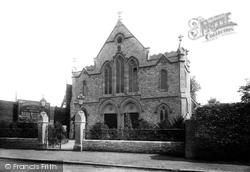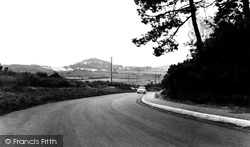Places
15 places found.
Those places high-lighted have photos. All locations may have maps, books and memories.
- Pit, Gwent
- Talke Pits, Staffordshire
- Tunnel Pits, Humberside
- Bedwellty Pits, Gwent
- Fenton Pits, Cornwall
- Slay Pits, Yorkshire
- Tre-pit, South Glamorgan
- Bailey Pit, Gwent
- Gore Pit, Essex
- Moss Pit, Staffordshire
- Red Pits, Norfolk
- White Pit, Lincolnshire
- Even Pits, Hereford & Worcester
- Forest Coal Pit, Gwent
- Michaelston-le-Pit, South Glamorgan
Photos
89 photos found. Showing results 41 to 60.
Maps
84 maps found.
Books
Sorry, no books were found that related to your search.
Memories
867 memories found. Showing results 21 to 30.
Good Times, Good Money, Good Friends.
I was sent frtom Leeds to Lower Bynamman in 1970 to work building up a huge 2400 Marion excavator for Sir Lindsey Parkinson at the GCG (Tyor Gwaith?) opencast coal site. I lodged at the Bryannam Hotel with Dez and ...Read more
A memory of Brynamman by
Elmdon Airport 1939 Onwards
These early memories were passed down to me by my grandparents (Bridgwater) who lived in Elmdon House Farm from 1936. Two of their sons worked on the building of the airport and I believe some of the workers ...Read more
A memory of Elmdon by
Farming At Stanwell Moor
I lived at Hithermoor Farm,Stanwell Moor from birth in 1951 until 1973.We farmed part of the Reservoirs and a large chunk of Greenhams Gravel Pit land. Many happy memories.Started school at Shortwood,Staines in 1956 with Mrs ...Read more
A memory of Stanwell by
Hilton Terrace Fondly Remembered
i went to fallin primary school i was born in 1952 Capt Gracie was the headmaster at fallin school, i lived in the wooden house in Hilton Terrace number 19 , auld Hailey Mghee was our next door neighbours, my late dad ...Read more
A memory of Fallin by
By The Cut
born in 1948 in a place called Cappenfield near Bilston, just off Dudley street, just four houses in a row surrounded by fields,, the canal, or cut, as we all called it ran alongside, and it narrowed down to what we called the stop,it was ...Read more
A memory of Tipton by
My Esh Winning Childhood
I lived in Brandon Road in the house next door to the Majestic Cinema from about 1940 to 1946. The house in those days was called Dent Dale which was written on the glass panel above the door. I used to go to the school ...Read more
A memory of Esh Winning by
Into The Woods
As a child of the Fifties I spent many a school holiday and weekend exploring and playing in our local woods with two chums. We knew them separately as Bostall, Abbey and Lesnes woods, before they were known collectively as Lesnes ...Read more
A memory of Bexleyheath by
Cramlington Co Op
My family and I used to live at Forest Hall. My grandfather John, Malone, was General Manager for the Co-op, in Cramlington, Forest Hall, Blyth, Seaton Delaval, and Westmoor. I have memories of going with him on a Saturday ...Read more
A memory of Cramlington by
Growing Up In A Small Village
My parents moved to Twycross from London in the early 1960s. We lived on Sheepy Road next door to Mr Charlie Brooks and Louie Jones. On the opposite side were Stan and Ilma Jones and Len Gibbs and his daughter Joan. ...Read more
A memory of Twycross by
Burrow Hill Today
Burrow Hill School is now derelict. It closed in 1998 and I have just walked past the boarded-up site this afternoon. Although I have lived in Frimley Green since 1993 and seen one of its main buildings from within a ...Read more
A memory of Frimley Green by
Captions
118 captions found. Showing results 49 to 72.
Fritton Lake, like the Broads, originated as a series of peat pits in the medieval period. It was later used as a duck decoy. The ducks were drawn into the decoy by the decoy man's dog.
The photograph shows the Cock Pit as it was in 1929. The post box is a unique Victorian model dated 1856. The stocks are thought to have come from Clewer in the late 1920s.
had become one of the leading ironmasters in South Yorkshire, thanks to a leasing arrangement with the Earl of Shrewsbury which gave him access to Shrewsbury charcoal woods and coal and ironstone pits
The village of Winster is one of the most complete 18th-century villages in Derbyshire, founded on the wealth won from the numerous lead mines which still pit the fields which surround it.
As a memento to the worst degradation of the coal-mining century, and to the Industrial Revolution in general, this awful scene of the leftover debris is as bad as it gets.
Bishopsteignton was once a rich manor belonging to the Bishops of Exeter; in the 19th century it was producing thousands of tons of ball clay (so called because when dug it tends to ball up like ice cream
The Chalk Pits industrial and historical museum is nearby, next to the main line railway station.
Carclaze started as an open excavation for tin, and it was often visited by tourists in the early 19th century. Only later did it become a china clay working.
Some of the buildings in the village are built from a grey stone quarried from the fuller's earth pits.
French soldiers were held as prisoners at Odiham during the Napoleonic wars, living in a camp dug out of an old chalk pit. The churchyard contains the graves of several prisoners.
In the garden of No 2, on the bottom left of the picture, a plague pit was found with the remains of five skeletons, a legacy of the Black Death in 1348- 9.
South Shields was not only a port with shipyards and ship repairers; it was also a colliery town, with a pit almost in the town centre.
It was down Baxtergate that Freeman, Hardy and Willis had their branch. Coal mining was a major employer: Doncaster was ringed with pit villages.
Most of the Rhondda was deep pit mining but there is evidence, in the right foreground, of some open cast mining on a small scale.
However, people have always lived here, and the hillside is covered with the remains of bell pits - ancient open-cast mines where people have dug for coal from the 13th century.
A few doors up is the distinctive facade of a small cinema, or 'flea pit' as they were sometimes known.
It was down Baxtergate that Freeman, Hardy and Willis had their branch. Coal mining was a major employer: Doncaster was ringed with pit villages.
The banks of the Bure here are pitted with artificial basins, where boats lie up in safety during the long months of winter.
As at Tipton and Wednesbury, the 30 ft seam of Thick Coal was near the surface at Bilston.Though there is evidence for coal pits at the time of Edward I, Bilston came into its own during the 19th century
This beautiful sunken garden has been created in a disused gravel pit. Following the death of the owner, the site was acquired by the town and first opened to the public in 1960.
The Congregational Church stood to the east of the police station on the south side of Carshalton Road, until it was demolished in 1976 as part of a scheme of road improvements.
Trees now obscure this view, but the surrounding heathland has become even more scarred by clay pits, sand extraction and a brickworks.
This beautiful sunken garden has been created in a disused gravel pit. Following the death of the owner, the site was acquired by the town and first opened to the public in 1960.
A few doors up is the distinctive façade of a small cinema, or 'flea pit' as they were sometimes known.
Places (15)
Photos (89)
Memories (867)
Books (0)
Maps (84)


